“Success is not just about delivering a great product or service; it’s about building and nurturing long-lasting relationships with customers.” This quote by Jeff Bezos perfectly encapsulates the essence of Customer Relationship Management (CRM). In today’s competitive business landscape, organizations recognize the critical role CRM plays in driving growth, enhancing customer satisfaction, and maximizing profitability.
Implementing a CRM solution requires careful planning and execution, which is where a CRM Implementation Roadmap becomes invaluable. Industry surveys reveal the substantial impact of a well-executed CRM Implementation Roadmap on businesses. Organizations that follow a structured roadmap experience a 20% increase in customer retention and a 15% boost in revenue, a recent study has shown.
These statistics highlight the benefits of strategic CRM planning and implementation. By aligning your CRM strategy with business objectives and leveraging a comprehensive roadmap, you can lay the groundwork for successful implementation that drives long-term success.
A CRM Implementation Roadmap serves as a blueprint for organizations to navigate phases of implementation, ensuring a systematic and organized approach. In this blog, we will explore the significance of CRM Implementation Roadmaps and provide you with a curated collection of editable templates to streamline your journey.
Let's delve into the critical aspects of a well-designed CRM Implementation Roadmap.
Each of the templates is 100% customizable and editable. The content-ready nature provides you a starting point; the editability feature ensures you can tailor the presentation to audience requirements and needs.
Let’s take a tour of these templates.
Template 1: CRM Implementation Roadmap Process Timeline Planning Deployment Strategic
This template provides a comprehensive roadmap for CRM implementation, covering essential phases, including planning, deployment, and strategic considerations. It offers a visual representation of the timeline, flowchart, key activities, social media CRM strategy, and milestones, allowing you to plan and execute your CRM implementation with precision. With strategic alignment and efficient deployment of resources the focus, this presentation template ensures that your CRM initiative is well-structured and strategically aligned with your business goals.
Template 2: Five-Year CRM Project Implementation Roadmap Plan with A Timeline
This layout provides a comprehensive five-year roadmap for organizations with long-term CRM goals and initiatives. It allows you to plan and visualize CRM implementation phases over an extended period. With a clear timeline, milestones, and progress indicators, this template helps you map out your CRM project, ensuring that you stay on track and achieve your objectives. Get the presentation template today!
Template 3: CRM Strategy and Implementation Roadmap CRM Application Dashboard
This tabular representation combines CRM strategy and implementation into a single roadmap, focusing on CRM application dashboard development. It enables you to outline your CRM strategy, define key metrics and performance indicators, and align them with the CRM application development process. Use this template tp communicate your CRM strategy to stakeholders, track progress, and ensure successful implementation of your CRM application. Maximize the success of your CRM strategy with our implementation roadmap layout.
Template 4: Six-Month CRM Implementation Roadmap Timeline
Designed for organizations with shorter implementation timelines, this preset provides a six-month roadmap for CRM implementation. It breaks down the implementation process into manageable phases and tasks, allowing you to monitor progress and ensure timely completion. Streamline your CRM implementation efforts and get greater efficiency into your goals within a shorter time frame. Stay on track and meet your milestones with this timeline-based implementation template.
Template 5: CRM Implementation Roadmap with Stakeholder Engagement
This template emphasizes the importance of stakeholder engagement in CRM implementation. It helps you identify key stakeholders, define their roles and responsibilities, and incorporate their feedback throughout the implementation process. It also ensures operations goals and performance metrics across stages. By actively involving stakeholders, you can ensure their support, address concerns, and foster a collaborative approach to CRM implementation. This preset provides a roadmap highlighting touchpoints and activities related to stakeholder engagement. Engage stakeholders and ensure their involvement in your CRM journey using this roadmap.
Template 6: CRM Implementation Roadmap Timeline with Planning and Deployment
This is a comprehensive and visually appealing PowerPoint slide designed to assist businesses in effectively implementing their CRM strategies. The layout features a timeline format that enables users to outline phases and milestones of the implementation process. With this template, organizations can create a clear roadmap that outlines the steps and tasks needed to implement CRM successfully, ensuring smooth coordination and efficient deployment. Whether you are a project manager, CRM consultant, or business professional, this template provides a structured framework to guide your CRM implementation journey.
Template 7: CRM Implementation Roadmap Process with User Support
This pre-set focuses on the user support aspect of CRM implementation, ensuring that users receive the necessary training and assistance during the transition. It outlines critical steps involved, including exploring, training programs, documentation, configurations, and deployments. By incorporating this chart into your CRM implementation roadmap, you can ensure a smooth user adoption process and maximize the benefits of your CRM system. Enhance user support and adoption during CRM implementation with our process-driven roadmap template.
Template 8: Three-Month CRM Implementation Roadmap Timeline
Ideal for organizations seeking a shorter implementation timeline, this slide offers a condensed three-month roadmap for CRM implementation. It provides a clear overview of this shorter timeframe's critical tasks, milestones, and timelines. Using this presentation allows you to streamline your implementation efforts, maintain a focused approach, and achieve significant progress in a shorter span while still ensuring the quality and effectiveness of your CRM performance. Accelerate your CRM project timeline with our compact three-month roadmap templates.
Template 9: Quarterly CRM Implementation Roadmap with System Integration
This visual layout presents a quarterly CRM implementation roadmap addressing system integration aspects. It helps you plan and visualize the integration of your CRM system with existing tools and databases (baseline architecture), ensuring a seamless flow of data while transitioning and optimizing operational efficiency. By incorporating system integration considerations into your CRM roadmap, you can enhance the system’s performance and effectiveness within your organization’s existing IT landscape.
Template 10: CRM Systems for IT Implementation Six-Month Roadmap
Designed for organizations with a strong focus on IT implementation, this chart set offers a six-month roadmap tailored for CRM systems. It covers IT infrastructure, data migration, marketing campaigns, user training, and more, all within the context of CRM implementation. Ensure a smooth integration of CRM systems into your existing IT infrastructure, mitigate potential risks, and maximize the functionality of your CRM system with this presentation template. Optimize your IT-driven CRM implementation with our six-month roadmap layout. Don't miss this opportunity; download today!
IMPLEMENT WITH CONFIDENCE
A well-structured CRM Implementation Roadmap is the key to unlocking the full potential of your CRM strategy. By strategically planning and executing each phase, organizations can drive customer satisfaction, streamline processes, and achieve substantial Return on Investment (RoI). Now, you have the tools to embark on your CRM journey with confidence.
For additional resources and templates related to roadmap planning and milestone tracking, you may find our blog on "Top 5 Milestones Roadmap Templates" helpful. Follow this link to access the blog and explore more valuable tools for effective project management.
Remember, success begins with a roadmap. Start your CRM implementation journey today!
FAQs on CRM Implementation Roadmap
What is a CRM implementation roadmap?
A CRM implementation roadmap is a strategic plan that outlines the steps and activities involved in implementing it within an organization. It serves as a guide for businesses and ensures that critical milestones, phases, and tasks are completed in a structured and organized manner. The roadmap provides a clear overview of the CRM implementation journey, including planning, construction, deployment, and ongoing support.
What are the five phases of CRM implementation?
- Planning: This phase involves defining CRM implementation project’s objectives, goals, and scope. It includes conducting a needs assessment, identifying key stakeholders, and creating a project plan.
- Analysis: In this phase, businesses analyze existing processes, data, and systems to identify gaps and requirements for the CRM solution. It involves mapping out customer touchpoints, data migration planning, and customization needs.
- Design: This phase focuses on configuring the CRM system to align with the organization’s specific requirements. This includes defining data structures, workflows, user roles, and system customization.
- Development: During this phase, the CRM system is customized, integrated with existing systems if necessary, and tested for functionality and performance. Data migration and training activities.
- Deployment: The deployment phase involves launching the CRM system across the organization. It includes user training, change management, system rollout, and ensuring a smooth transition and adoption of the CRM solution.
What are the stages for the implementation of CRM?
The stages for implementing CRM vary, depending on the organization and its specific requirements. The standard stages are:
- Assessment: Assessing the organization's needs, goals, and readiness for CRM implementation.
- Planning: Creating a comprehensive implementation plan that includes defining objectives, timelines, resource allocation, and budget.
- System Selection: Evaluating and selecting the most suitable CRM system based on the organization’s requirements and budget.
- Configuration and Customization: Configuring the CRM system to align with the organization’s specific processes and customizing it to meet unique business needs.
- Data Migration: Transferring and integrating existing data from legacy systems into the CRM platform.
- Testing: Conduct thorough testing to ensure the CRM system functions properly and meets the organization's requirements.
- Training and User Adoption: Training users and stakeholders to ensure they can use the CRM system and foster user adoption.
- Go-Live and Support: Launching the CRM system, monitoring its performance, and providing ongoing support and maintenance.
How do I create a CRM roadmap?
- Define Objectives: Clearly define your CRM implementation objectives.
- Identify Phases and Milestones: Break down the implementation journey into phases and critical milestones, such as planning, analysis, design, development, and deployment.
- Set Timelines and Deadlines: Determine realistic timelines for each phase and milestone.
- Allocate Resources: Identify resources required for each phase, including personnel, budget, and technology.
- Create a Visual Timeline: Use visual tools such as Gantt charts or timeline templates to create a clear roadmap
- Include Key Activities: Outline key activities and tasks within each phase, specifying who is responsible for each task, with deadline.
- Incorporate Feedback and Iteration: Continuously review and update the roadmap based on feedback, lessons learnt, and changing business needs.
- Communicate and Align: Share the CRM roadmap with stakeholders, ensuring everyone understands their roles and responsibilities.
- Monitor Progress: Regularly monitor and track progress against the CRM roadmap to ensure the project stays on track.
- Continuously Improve: Learn from the implementation process and improve the CRM roadmap for future implementations.


![[Updated 2023] From Amazon to You: CRM Implementation Roadmap with Editable Templates](https://www.slideteam.net/wp/wp-content/uploads/2021/12/CRM-Implementation-Roadmap_1013.png)
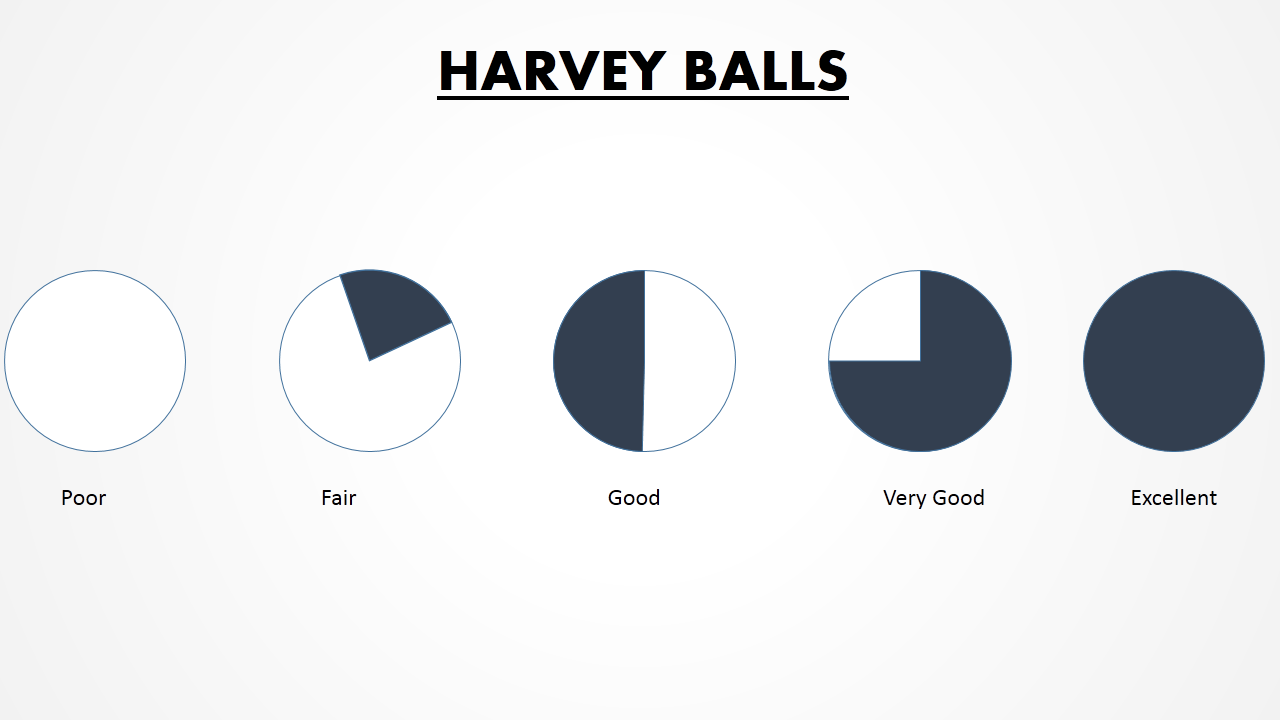

 Customer Reviews
Customer Reviews

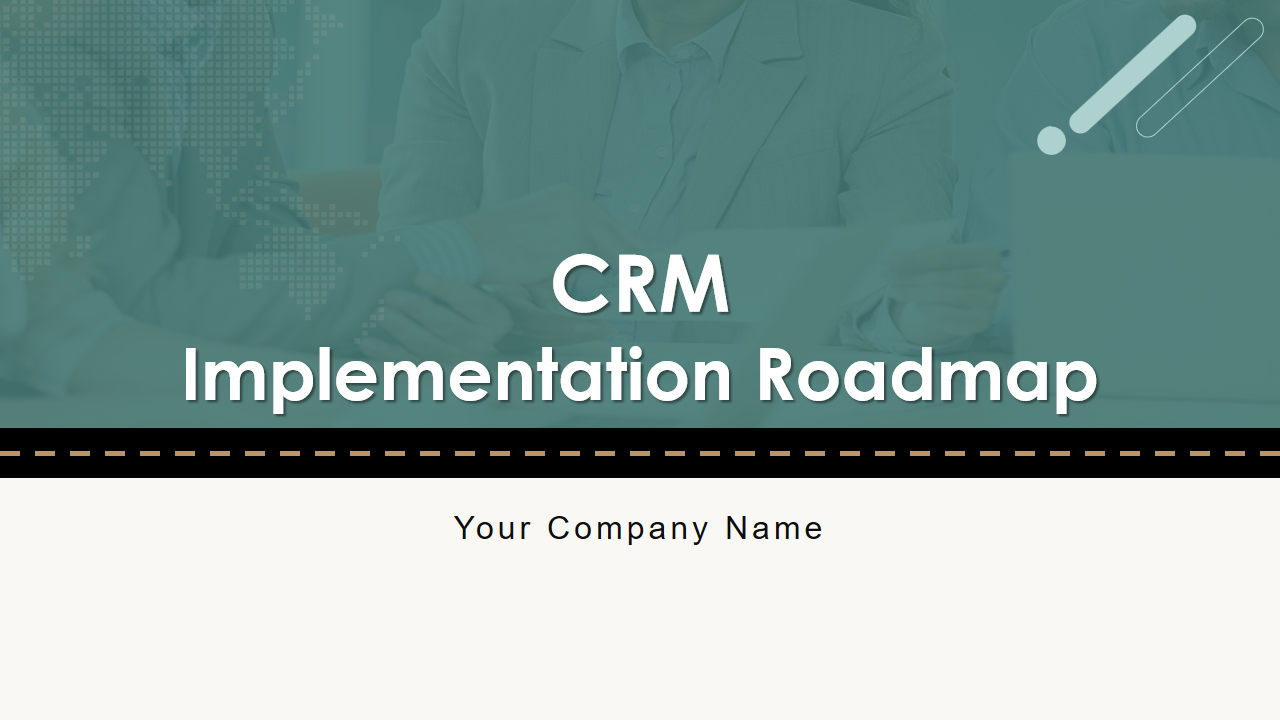
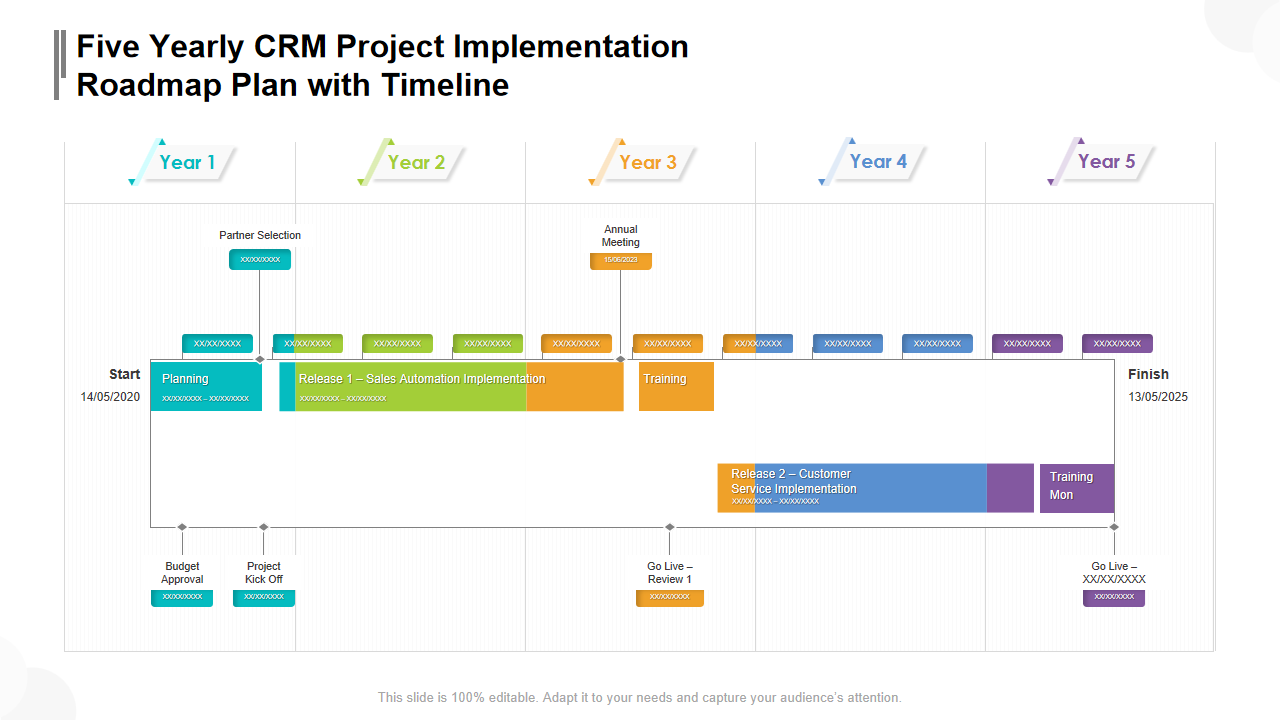
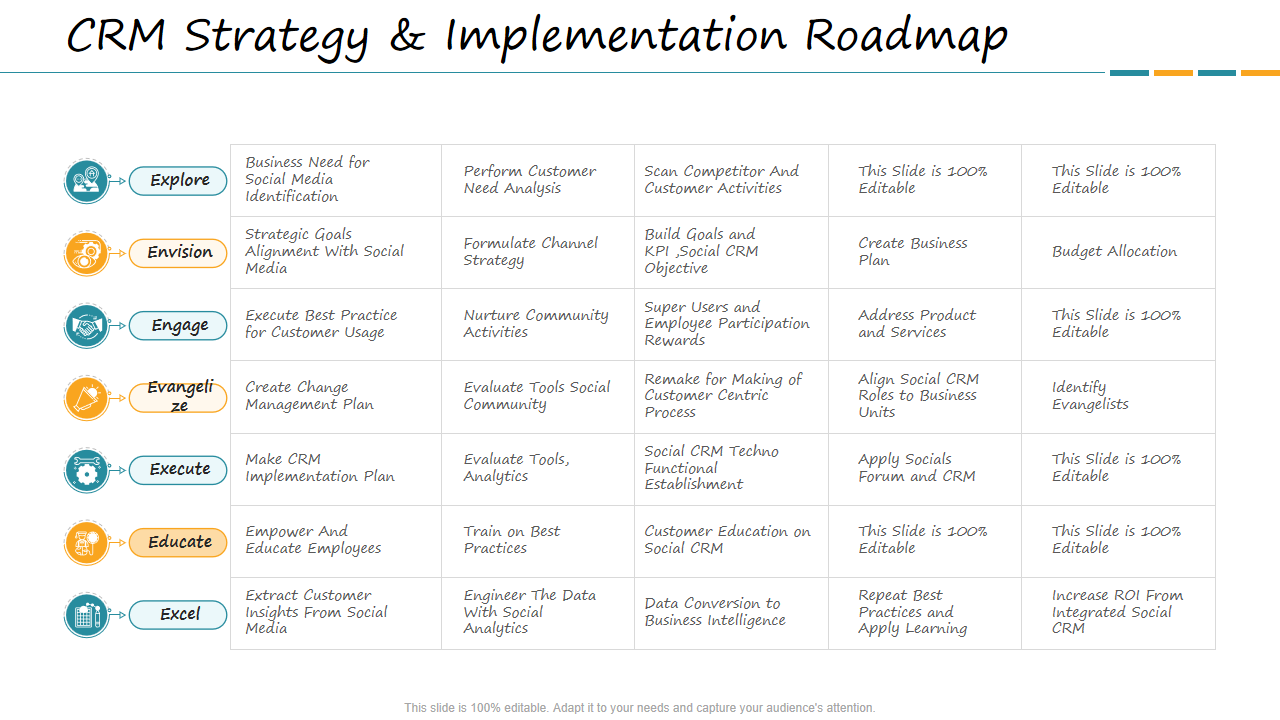
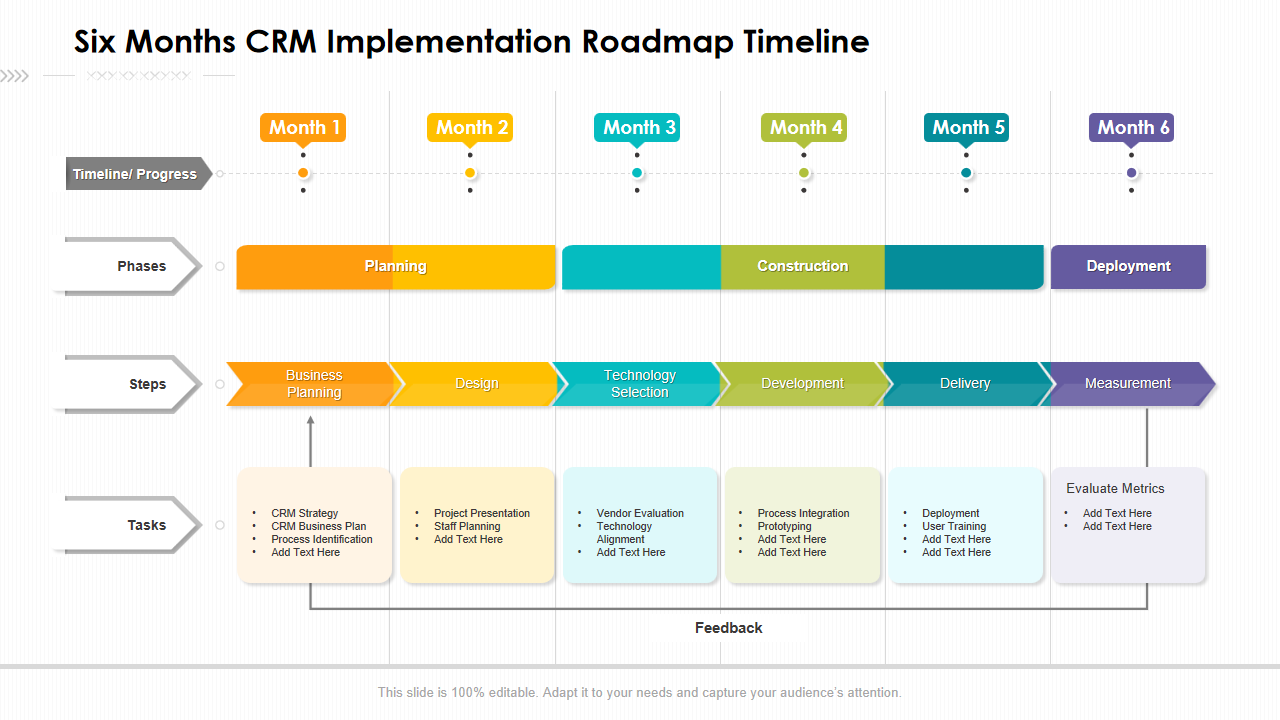
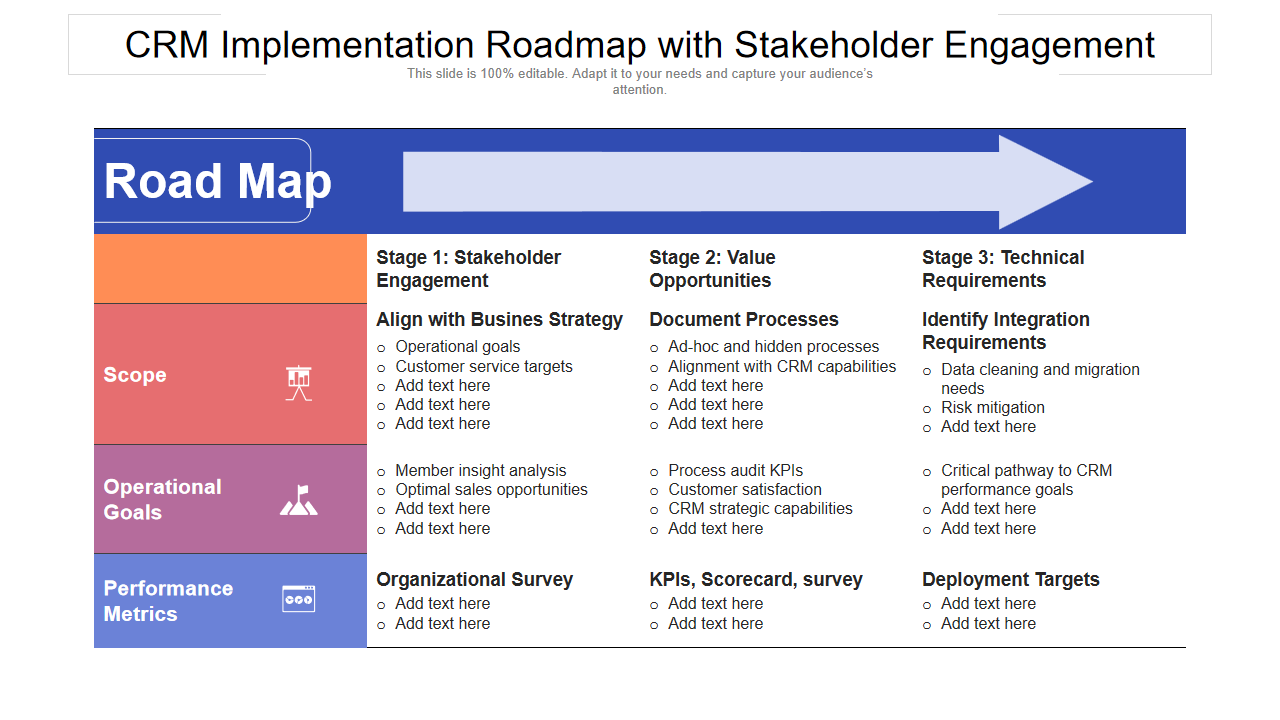
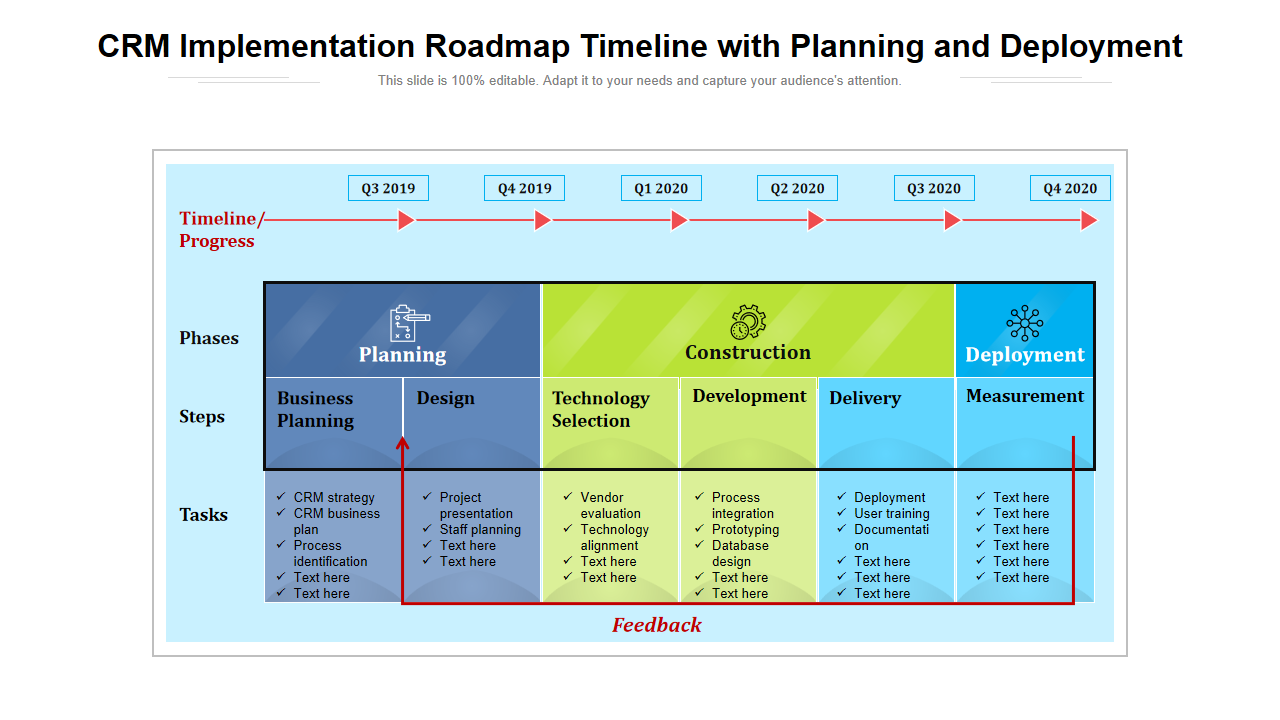
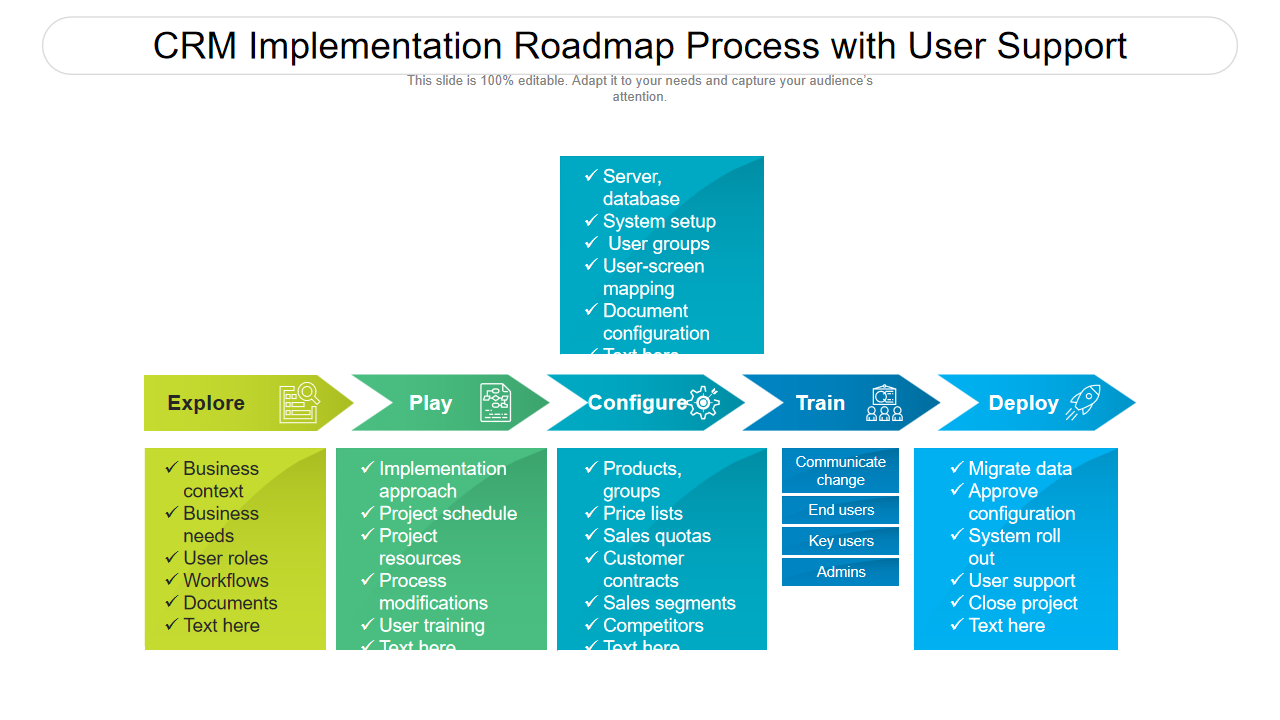
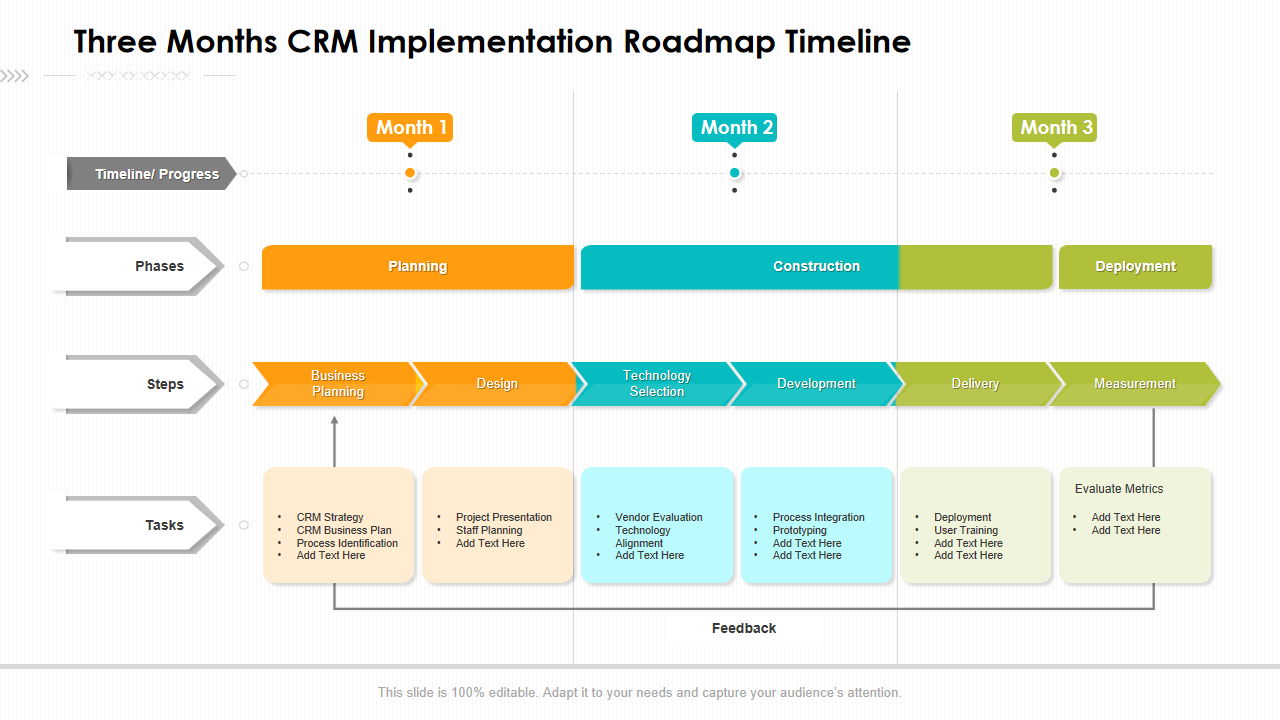
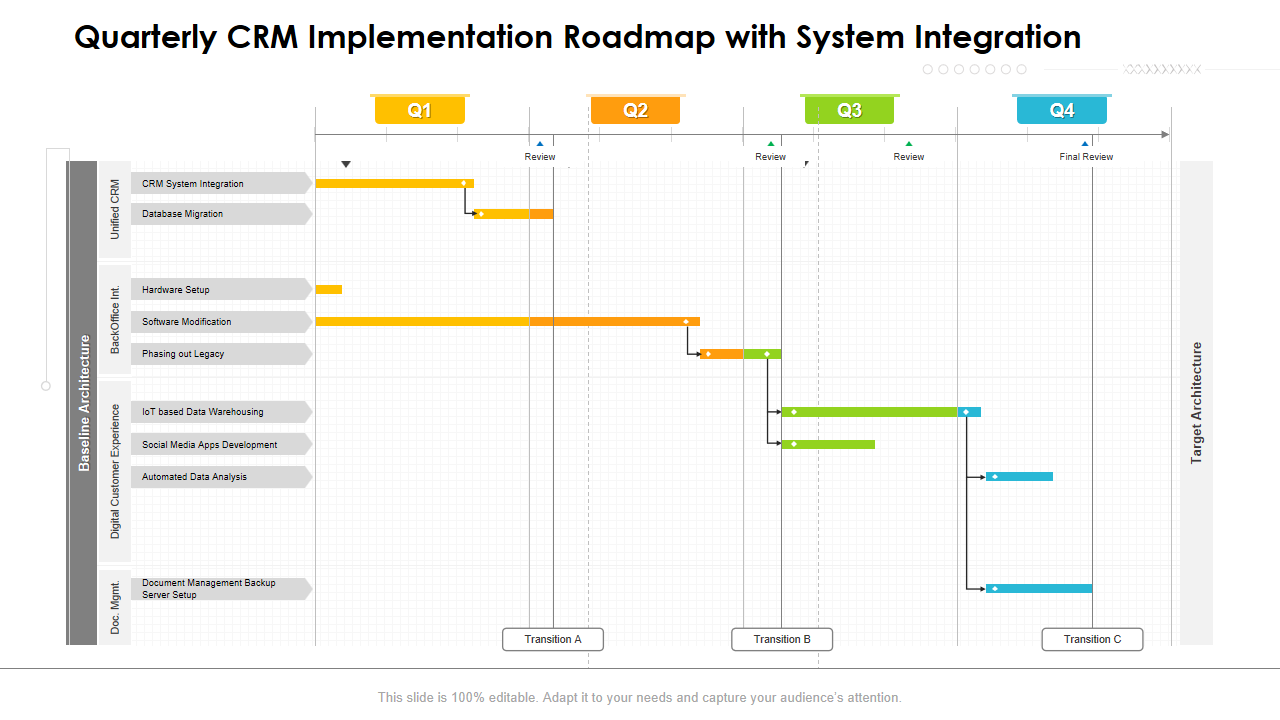
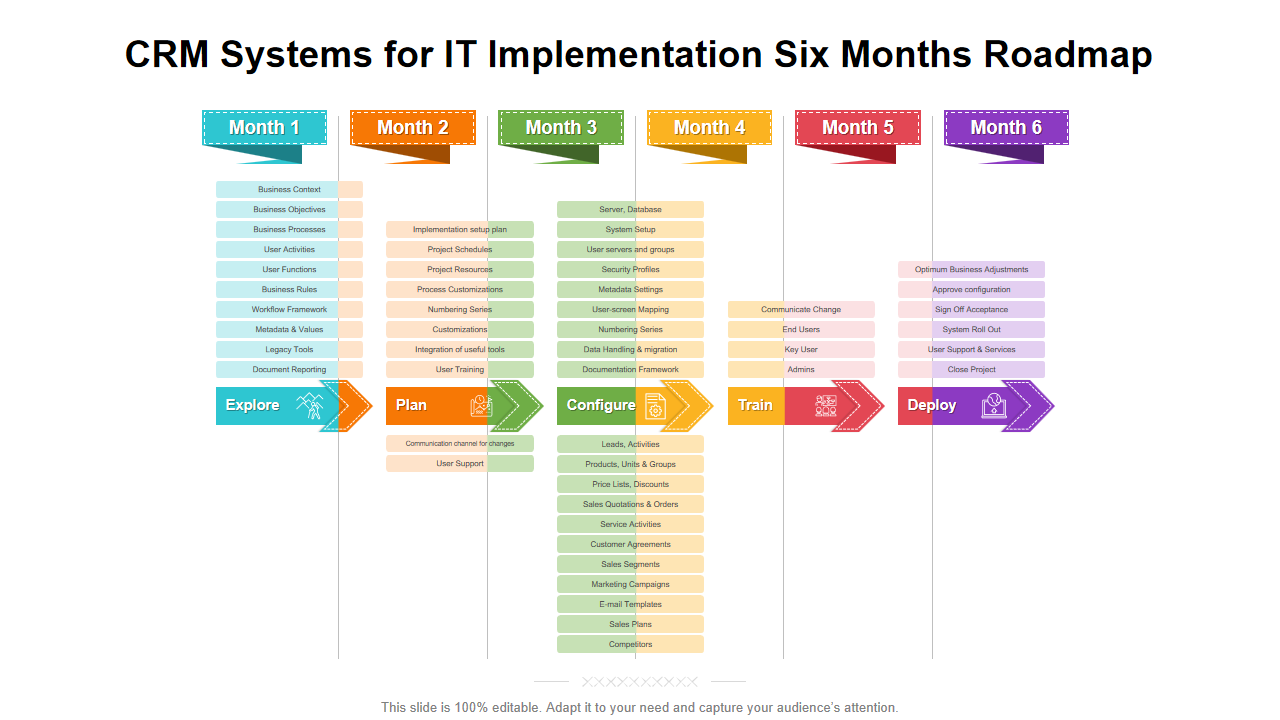



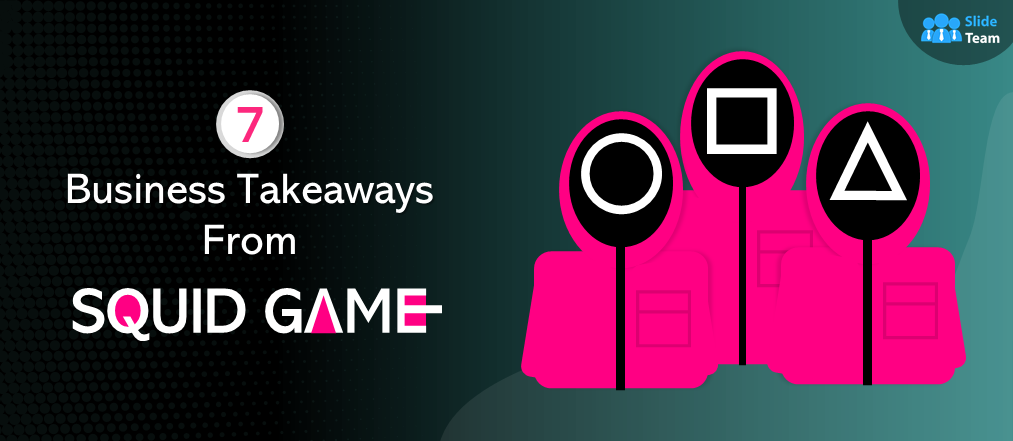
![[Updated 2023] Priority Matrix A Quick Guide With PPT Templates](https://www.slideteam.net/wp/wp-content/uploads/2021/12/Priority-Matrix-A-Quick-Guide-With-PPT-Templates-1013x441.png)












